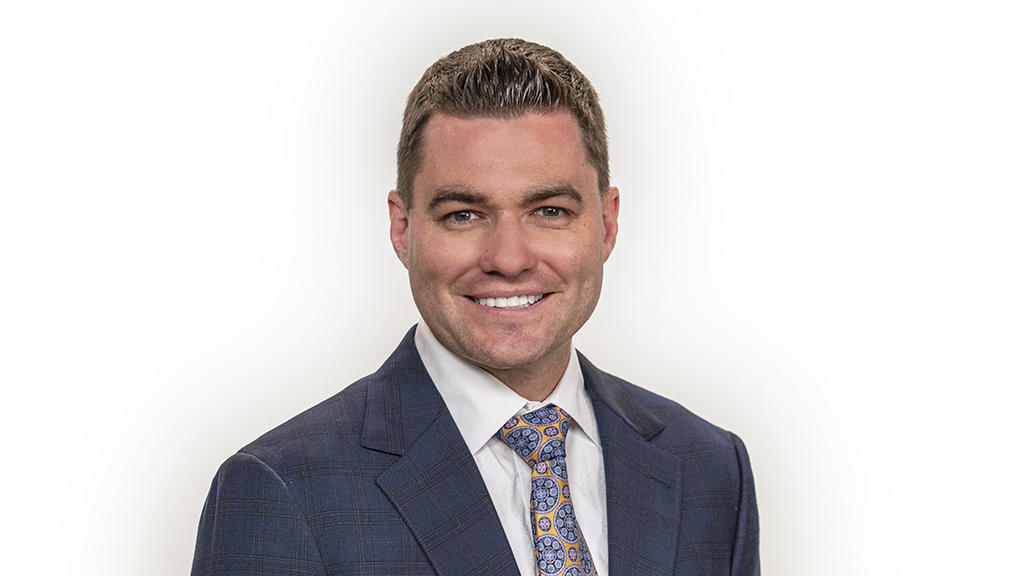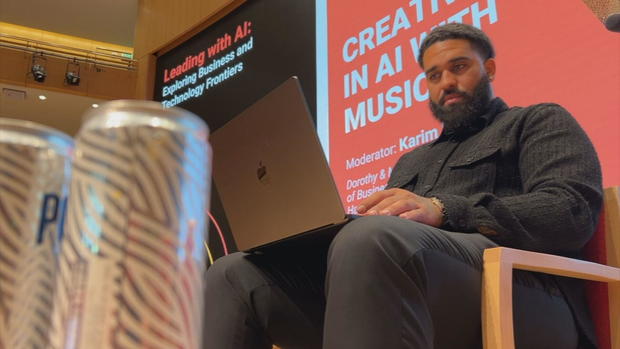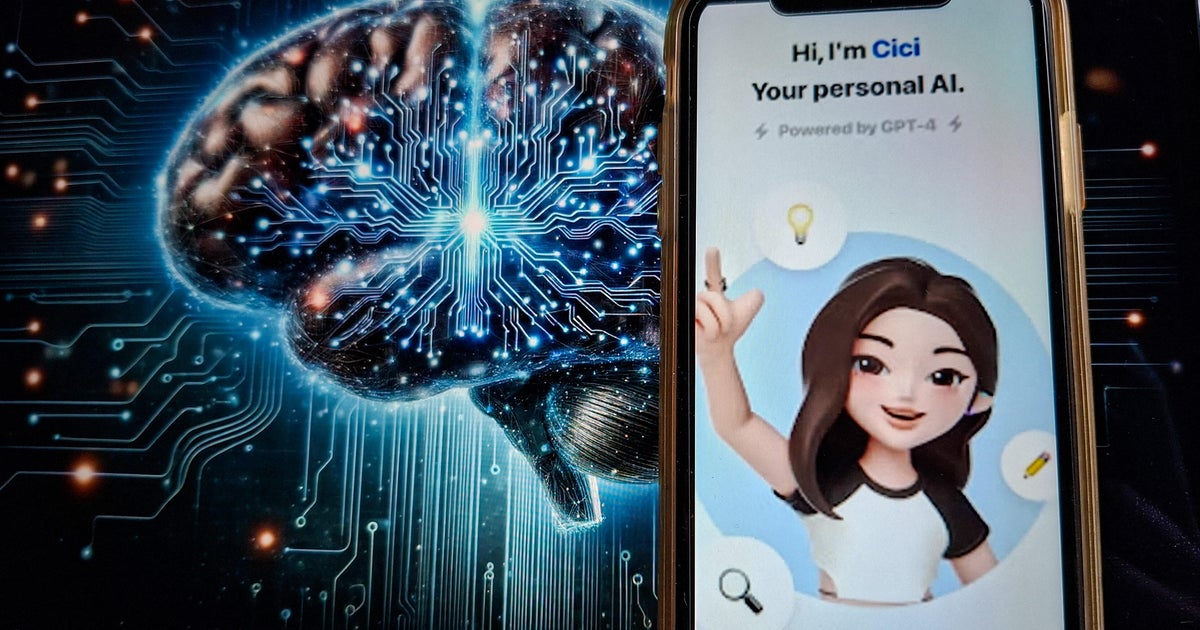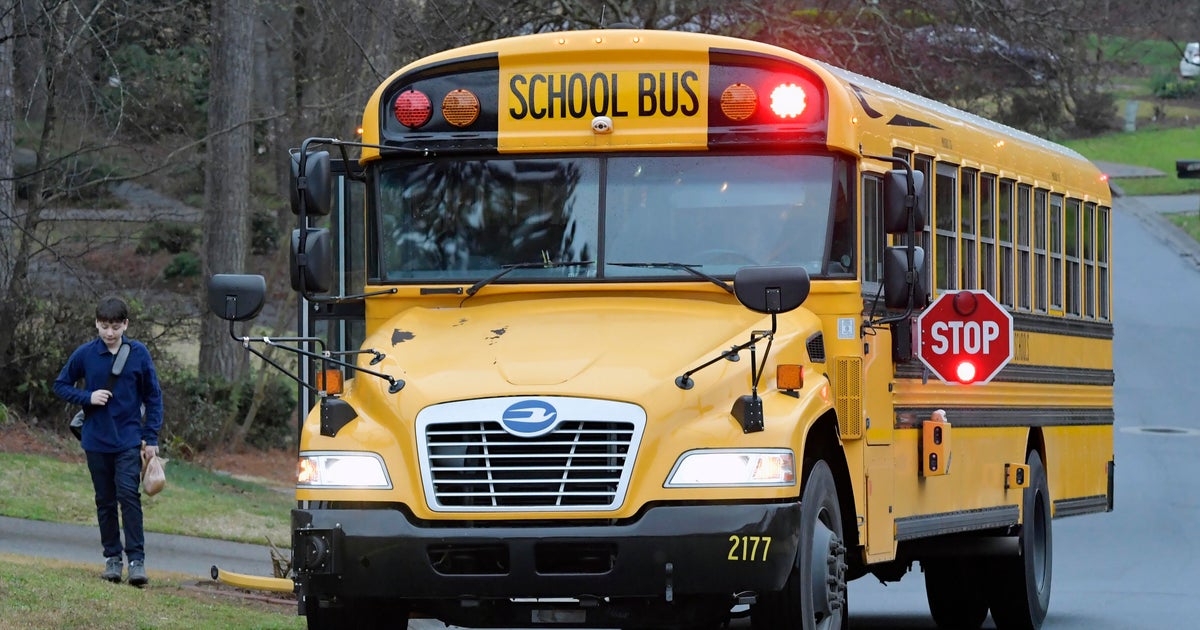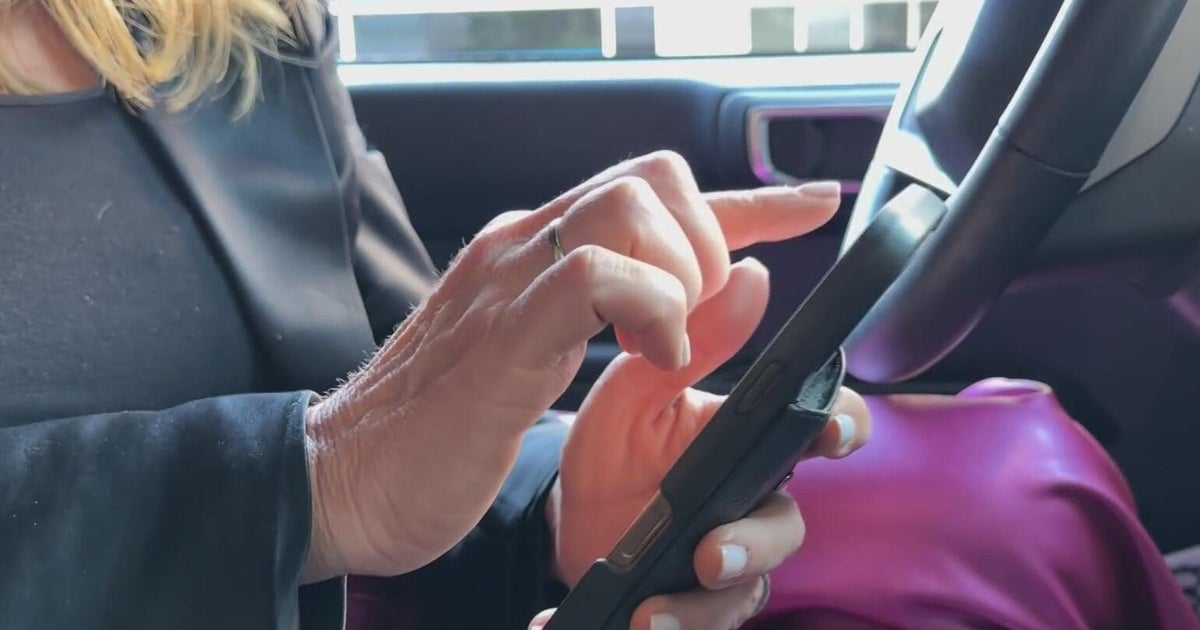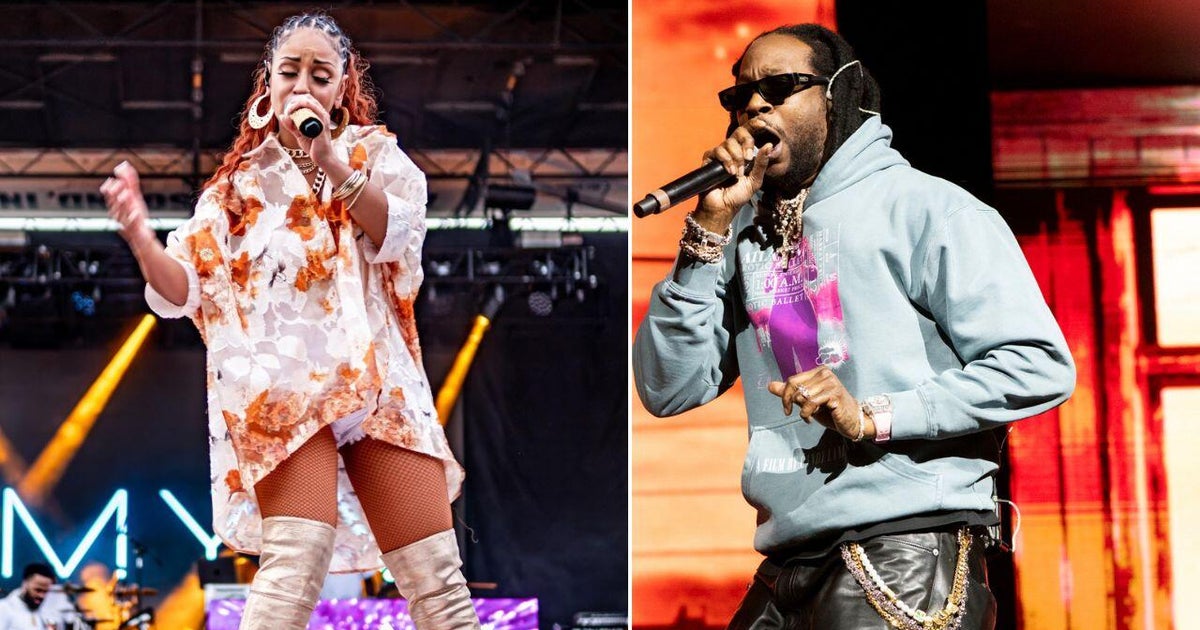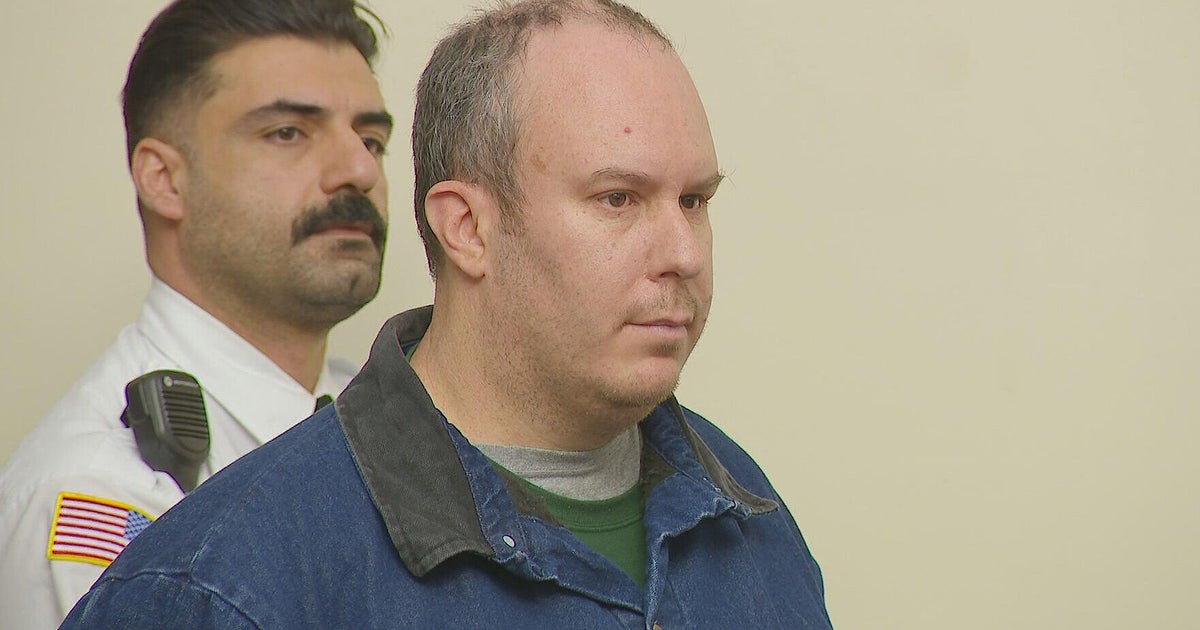Can AI help people be more creative? Boston musicians want to find out
BOSTON - As artificial intelligence begins to take hold in industries across the nation, researchers at Harvard University are hoping to look into its application through their new program called the Digital Data Design Institute (D^3).
During a conference on Tuesday, that event took a musical turn when three-time Grammy Award-winning mixing engineer Derek Ali took the stage to create a song for them in 60 seconds using AI and a few simple questions.
Can AI help the creative process?
"Creators are able to be more efficient as they are creating," said Ali, "It's a little bit of a push and pull as we are trying to figure out the legalities."
"We are thinking about its application and to all types workers around the world," says Karim Lakhani, founder of D^3, "We should not be passive receivers of what this does to us, but be active in both shaping its direction and the rate by which it improves."
When it comes to music, the growth rate of AI matters - especially if anyone can flood the market with quickly generated music that takes little effort to create.
"The feeling that someone gets from being in the studio, right? The imperfections of human creation - all these things are completely eliminated now," said Ali, a mixer who has worked with artists like Kendrick Lamar. "If the entry point to knowing how to create a song is as simple as typing a prompt with no creativity, then what does that mean for people who are looking for inspiration through music?"
Harnessing the power of AI
Ali has created a music mixing platform called EngineEars. He is actively working on ways to incorporate AI into the program or his own workflow. It's about striking a balance between creativity and automation.
"We are looking to harness the power of AI to help creators around the world," said Ali. "Being able to have something that can monitor sound coming out of your master channels and give you suggestions on what to tweak. When it comes to removing dry air between recordings, that can take hours."
"Eliminating busy work from the process of the creative can reduce friction," said Jonathan Wyner, a professor at Berklee College of Music in Boston.
Potential pitfalls of AI
Wyner is hosting an AI symposium at Berklee in June. He is eager to see the creative capabilities of AI but wary of it saturating the music market with too much music or with fakes.
"It creates new possibilities when you can sing into a machine, and, all of a sudden, your voice is transformed into a saxophone. There could there be more Beatles records, more David Bowie records," said Wyner. "If litigation and legislation doesn't get ahead of this, it going to be really easy for deep fakes to happen. With mimicry, you lose control of your voice."
This is where D^3 steps in to try to get ahead of the questions and to determine how best to proceed as a society and a workforce.
"We as a culture have to get ready for an understanding of how those changes will be and collectively respond to them," said Lakhani.
